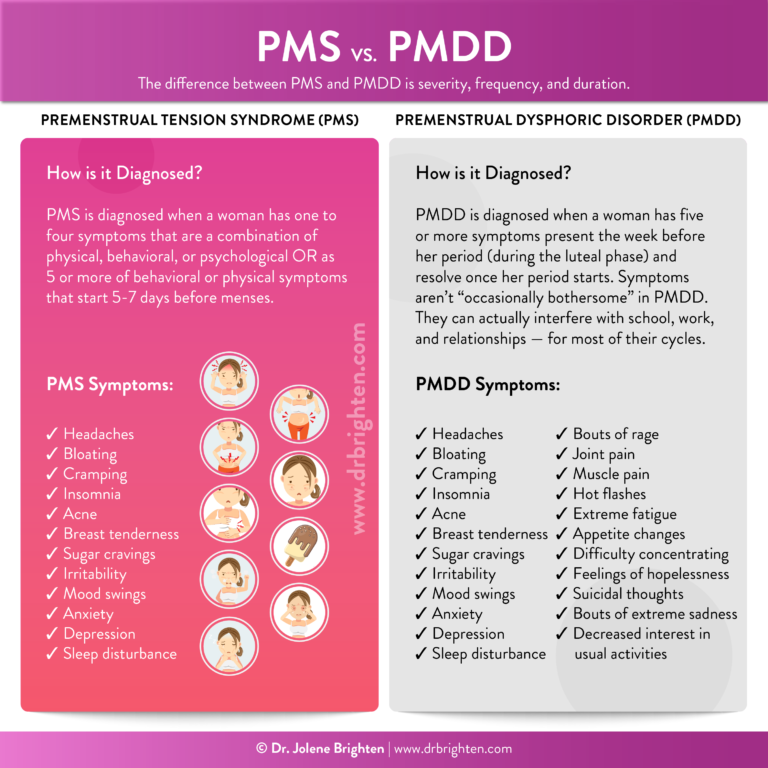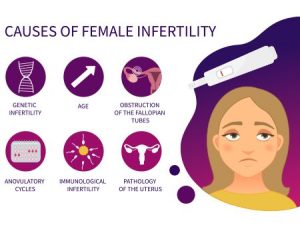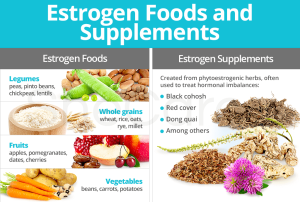Exploring alternative therapies for managing premenstrual dysphoric disorder (PMDD)

Premenstrual Dysphoric Disorder (PMDD) is a severe form of premenstrual syndrome (PMS) that affects a small percentage of women during their reproductive years. Unlike PMS, which is characterized by mild to moderate physical and emotional symptoms, PMDD symptoms are far more intense, debilitating, and can significantly impact a woman’s quality of life.
The Limitations of Traditional Treatment Approaches
The conventional treatment methods for PMDD primarily involve medications such as selective serotonin reuptake inhibitors (SSRIs) and hormone therapy. While these pharmaceutical options can offer relief for some women, they may not suit everyone due to side effects, contraindications, or personal preferences.
Exploring Alternative Therapies for PMDD
Fortunately, there are alternative therapies that can complement or even replace traditional treatments for PMDD. These therapies focus on addressing the underlying hormonal imbalances, reducing inflammation, and promoting emotional well-being. Here are some alternative therapies that have shown promise:
1. Acupuncture
Acupuncture is an ancient Chinese medicine practice that involves the insertion of thin needles into specific points on the body. It is believed to help balance the body’s energy flow and promote overall well-being. Studies have shown that acupuncture can help alleviate PMDD symptoms such as mood swings, irritability, and physical discomfort.
2. Herbal Supplements
Herbal supplements like chasteberry, evening primrose oil, and St. John’s Wort have been used for centuries to manage menstrual-related symptoms. These natural remedies have shown effectiveness in reducing the severity of PMDD symptoms, regulating hormone levels, and improving mood.
3. Dietary Changes
Certain dietary modifications can play a significant role in managing PMDD symptoms. Consuming foods rich in omega-3 fatty acids, magnesium, and vitamin B6 can potentially reduce inflammation, balance hormones, and alleviate mood swings. Additionally, minimizing caffeine and sugar intake may also help in managing symptoms.
4. Mind-Body Practices
Practices such as yoga, meditation, and deep breathing exercises can aid in stress reduction and promote emotional well-being. Engaging in these mind-body practices regularly can help manage anxiety, irritability, and mood swings associated with PMDD.
5. Cognitive-Behavioral Therapy (CBT)
Cognitive-Behavioral Therapy is a form of psychotherapy that focuses on identifying and changing negative thought patterns and behaviors. It can be particularly useful in managing the emotional symptoms of PMDD by providing coping mechanisms and enhancing overall mental health.
Consulting a Healthcare Professional
Before incorporating any alternative therapy into your PMDD management plan, it is crucial to consult with a healthcare professional. They can help evaluate your specific needs, discuss potential interactions with existing medications, and provide guidance on the suitability of alternative treatments.
Conclusion
While traditional treatment approaches have their merits, exploring alternative therapies for managing PMDD can offer additional options and personalized solutions. Acupuncture, herbal supplements, dietary changes, mind-body practices, and cognitive-behavioral therapy are all potential avenues worth considering. Remember, finding the right combination of therapies may require some trial and error, but with proper guidance, relief from PMDD symptoms is within reach.






